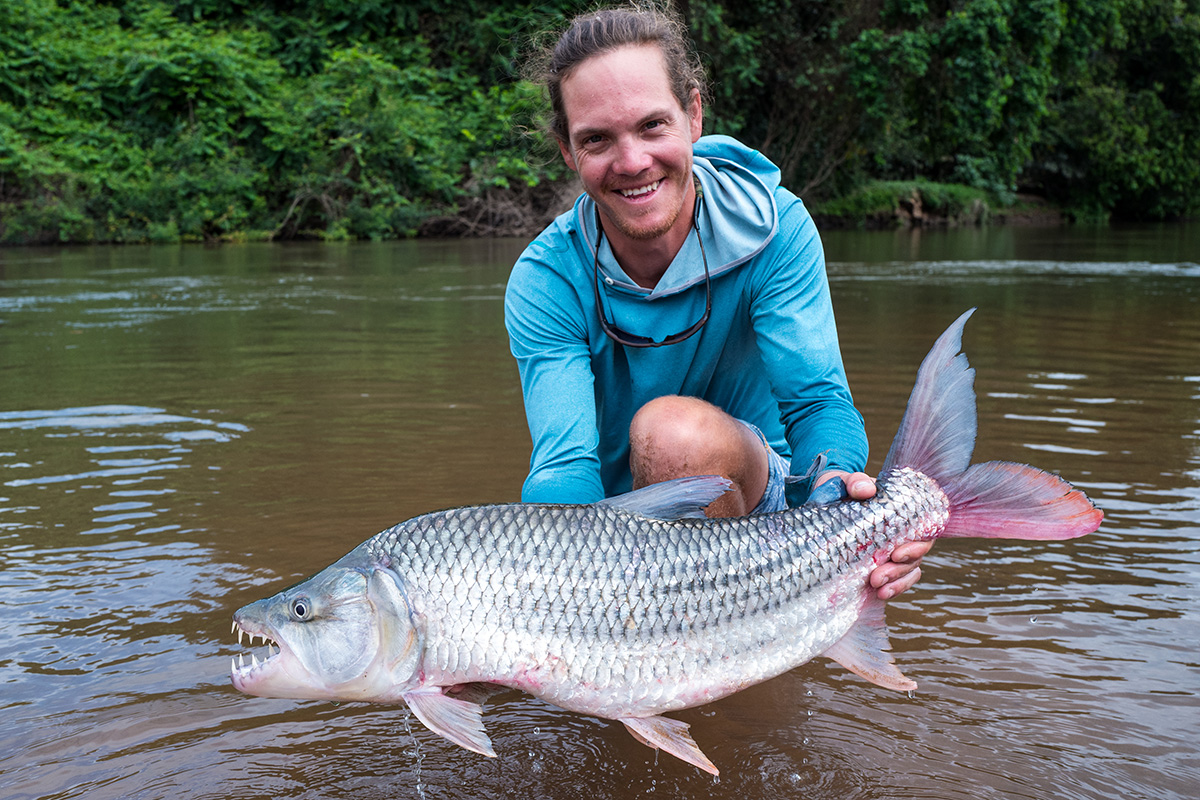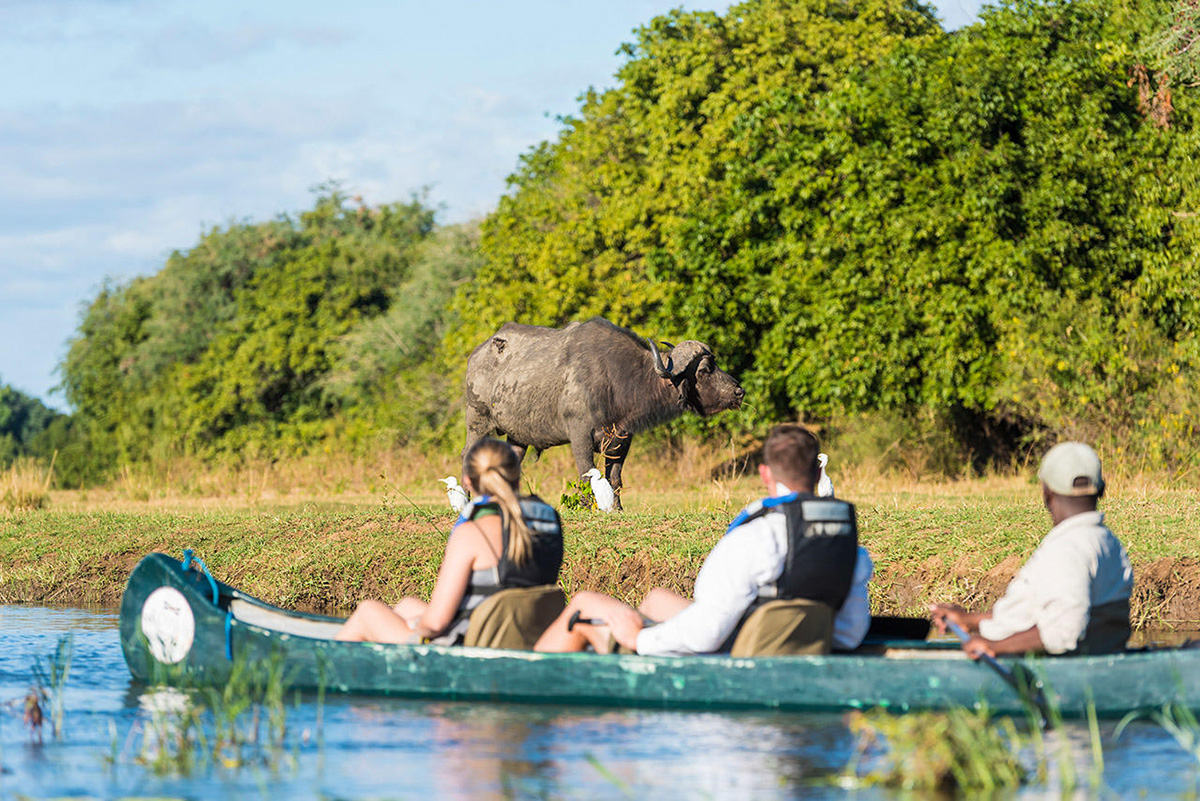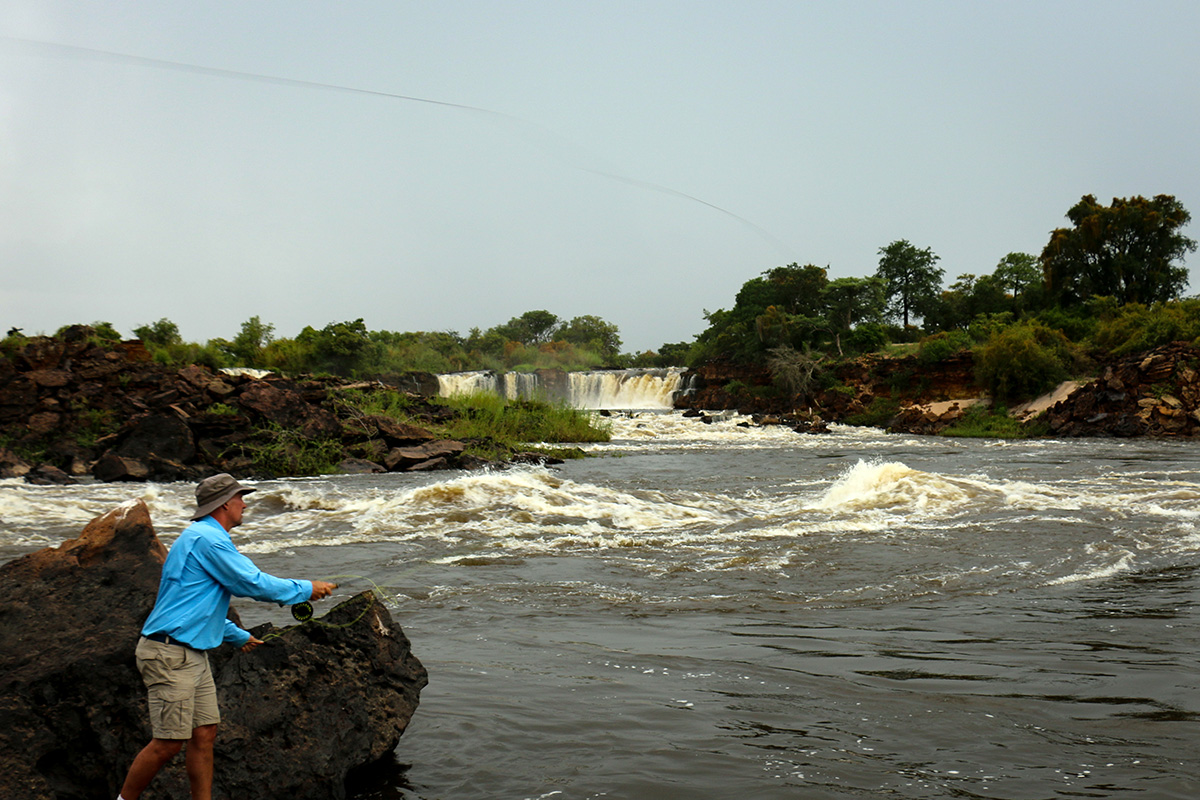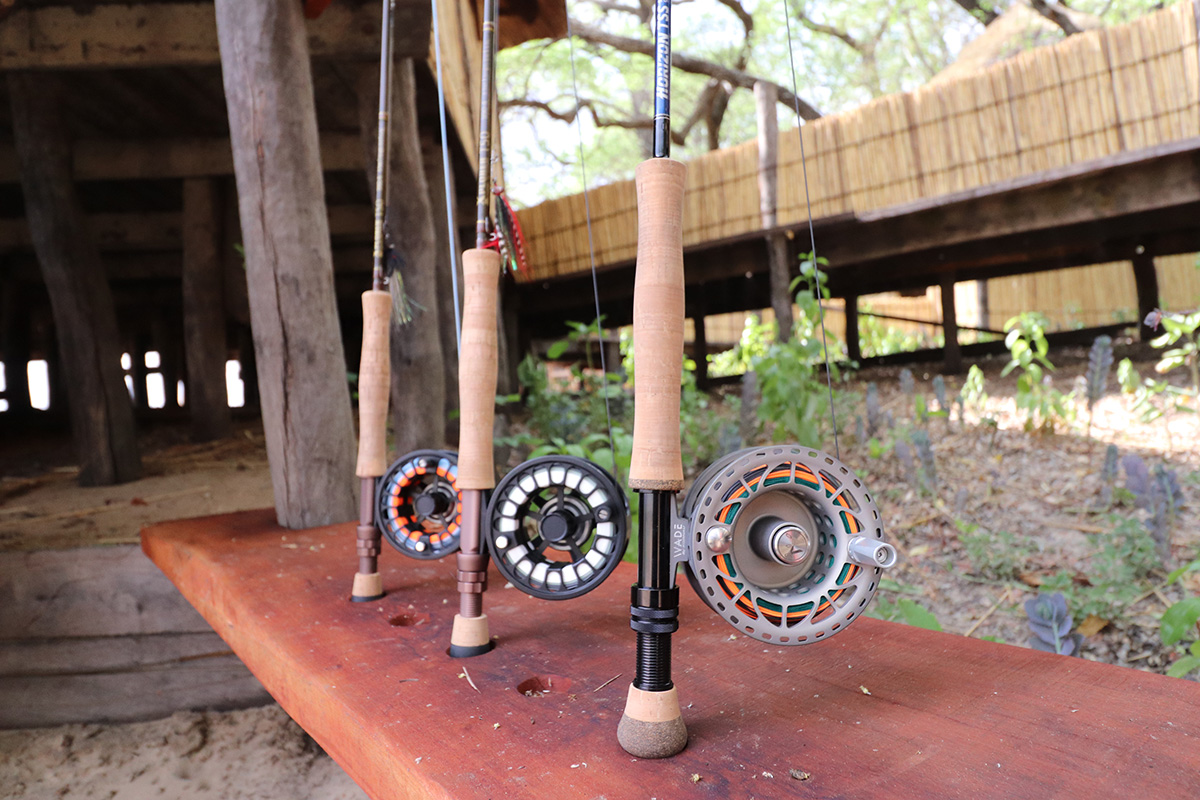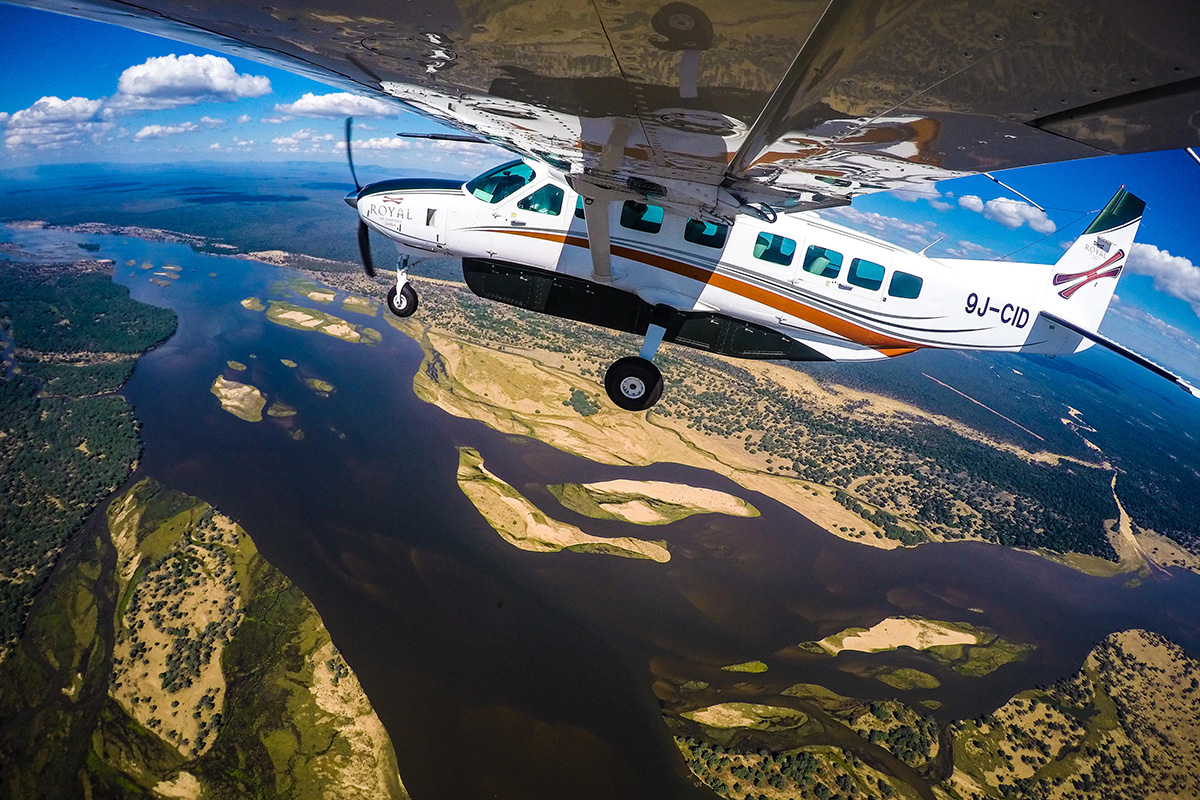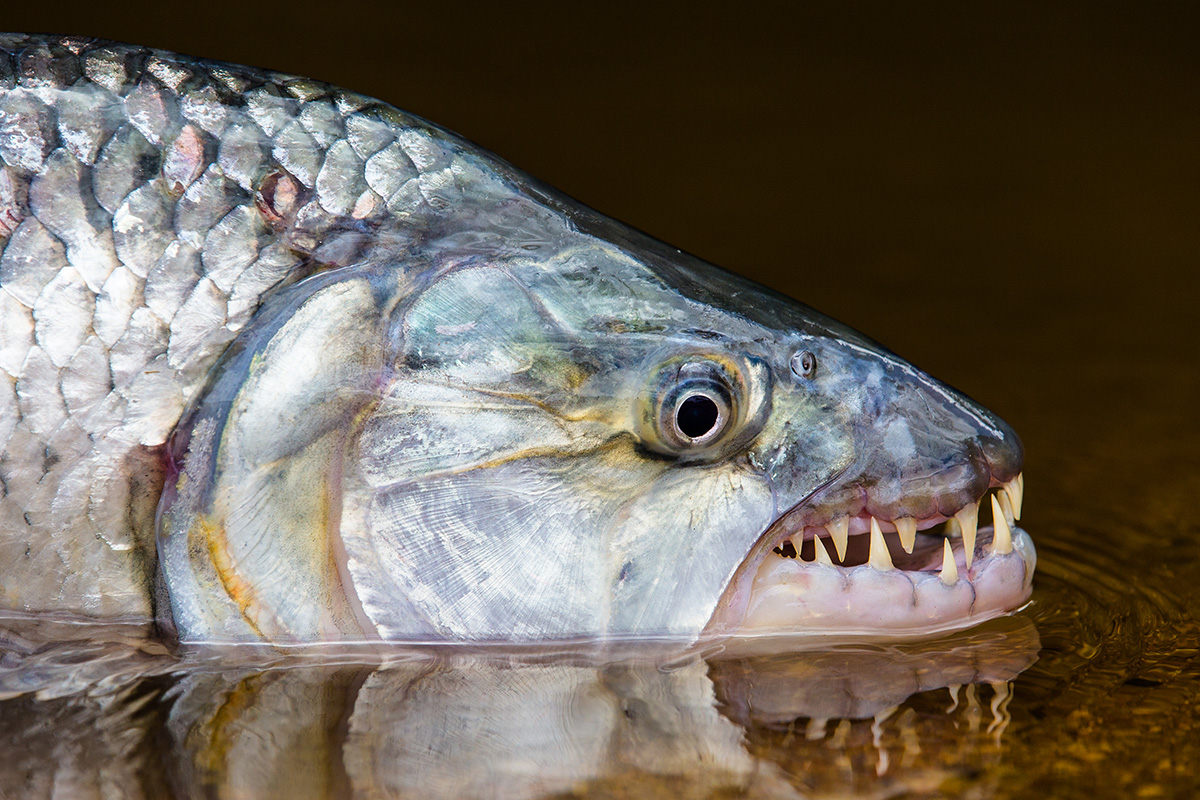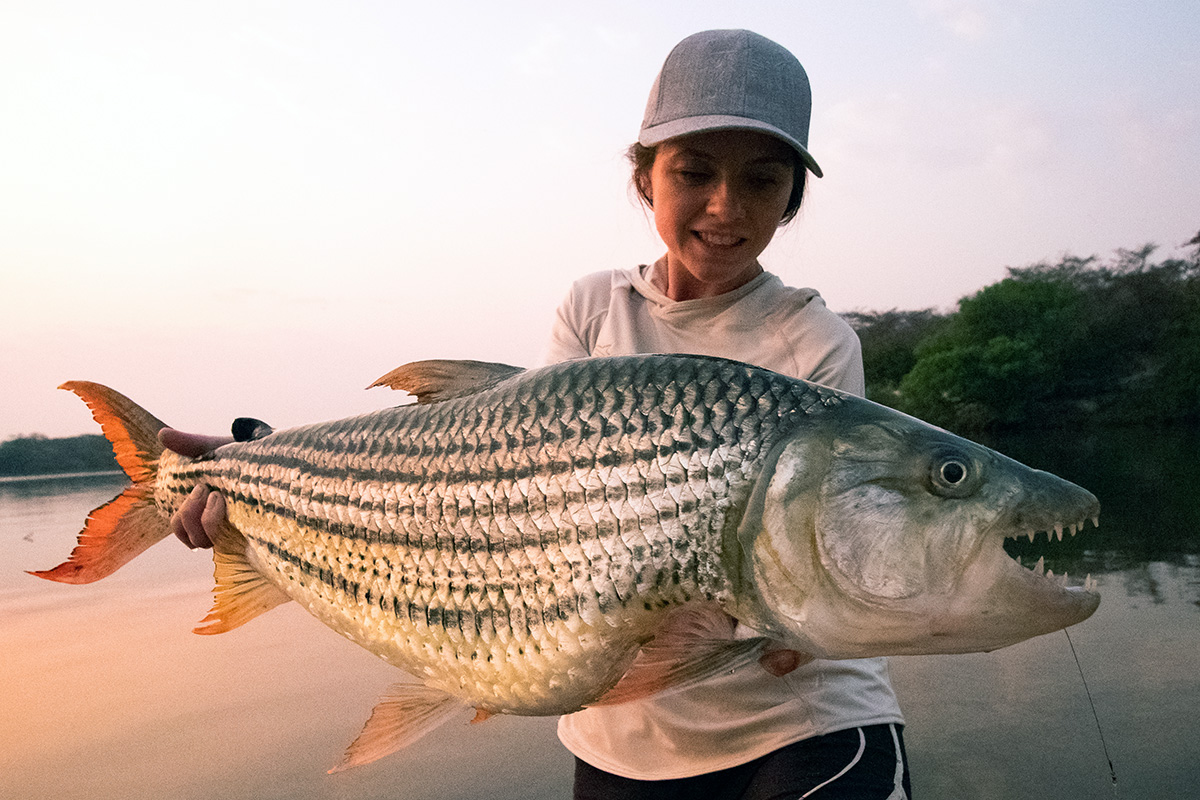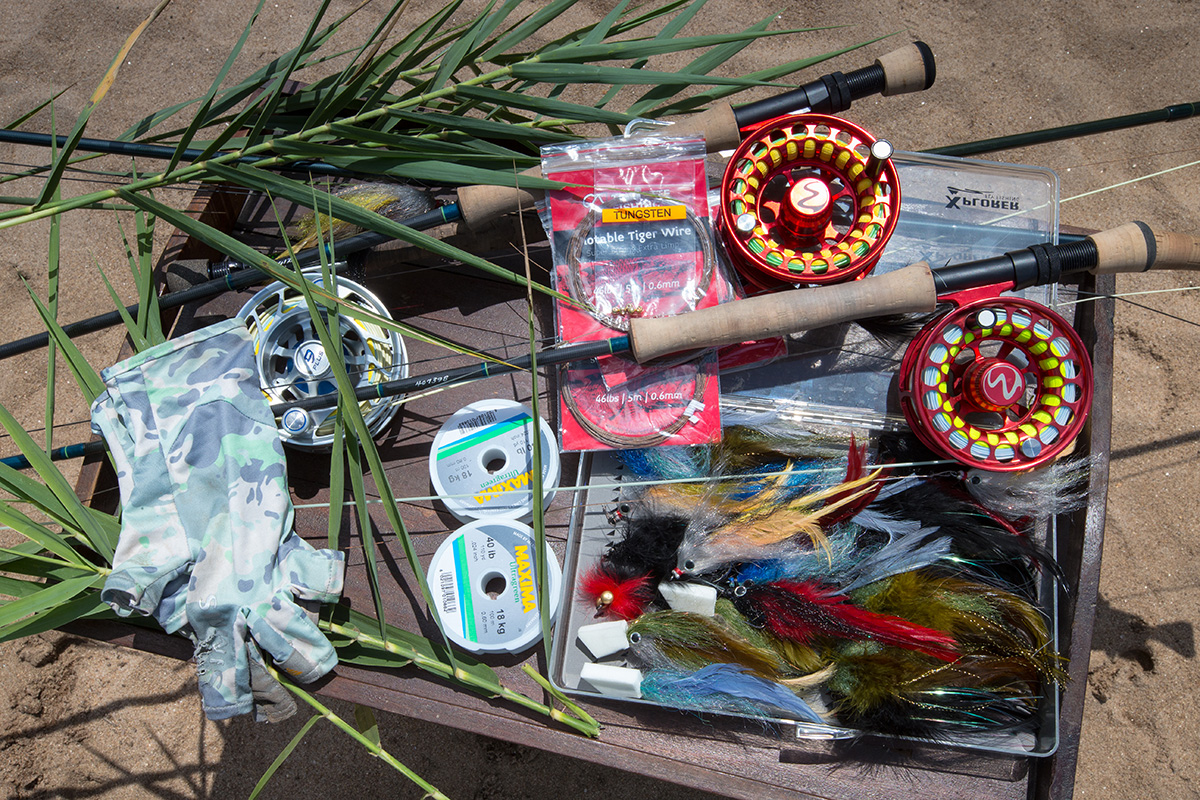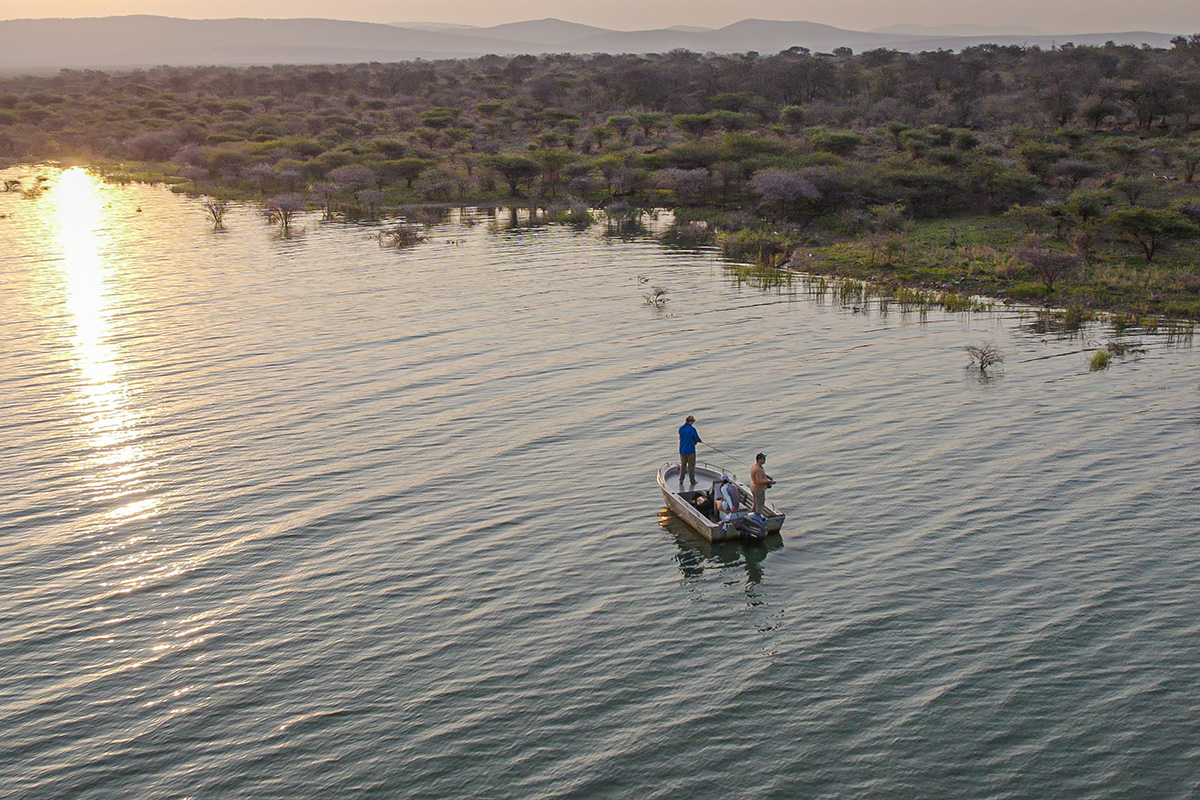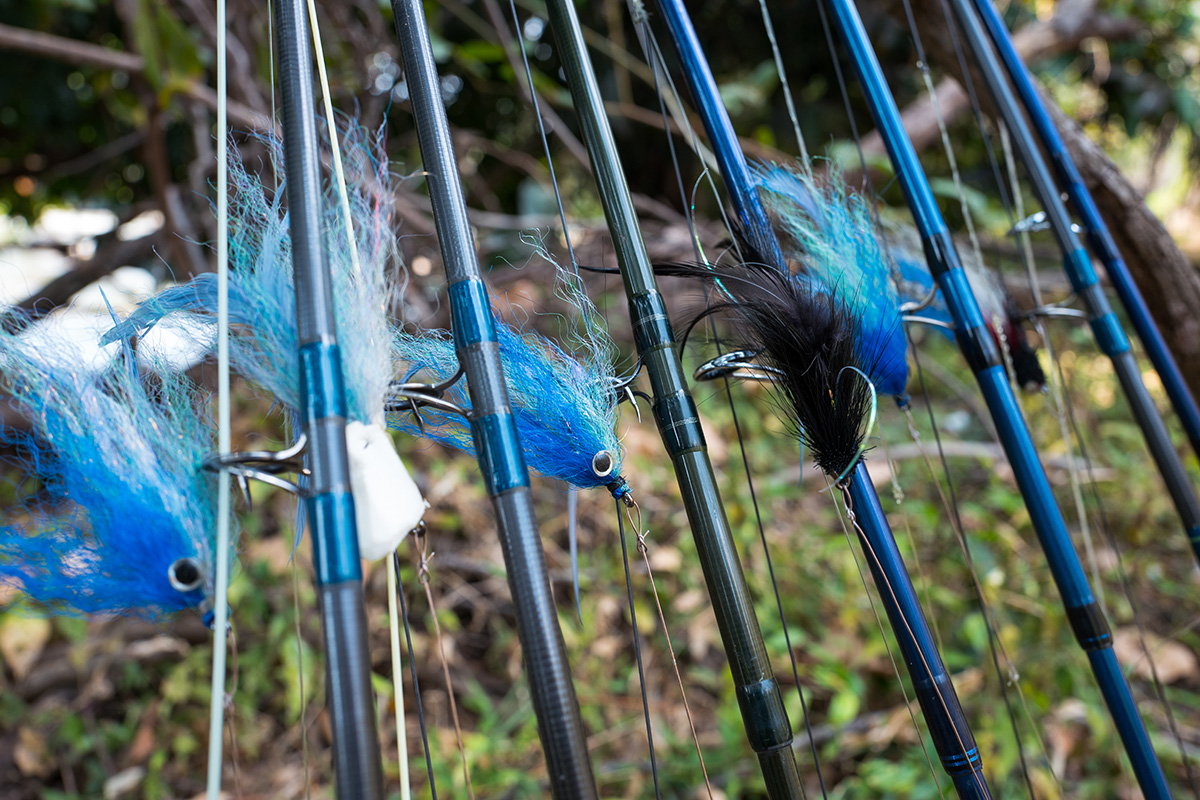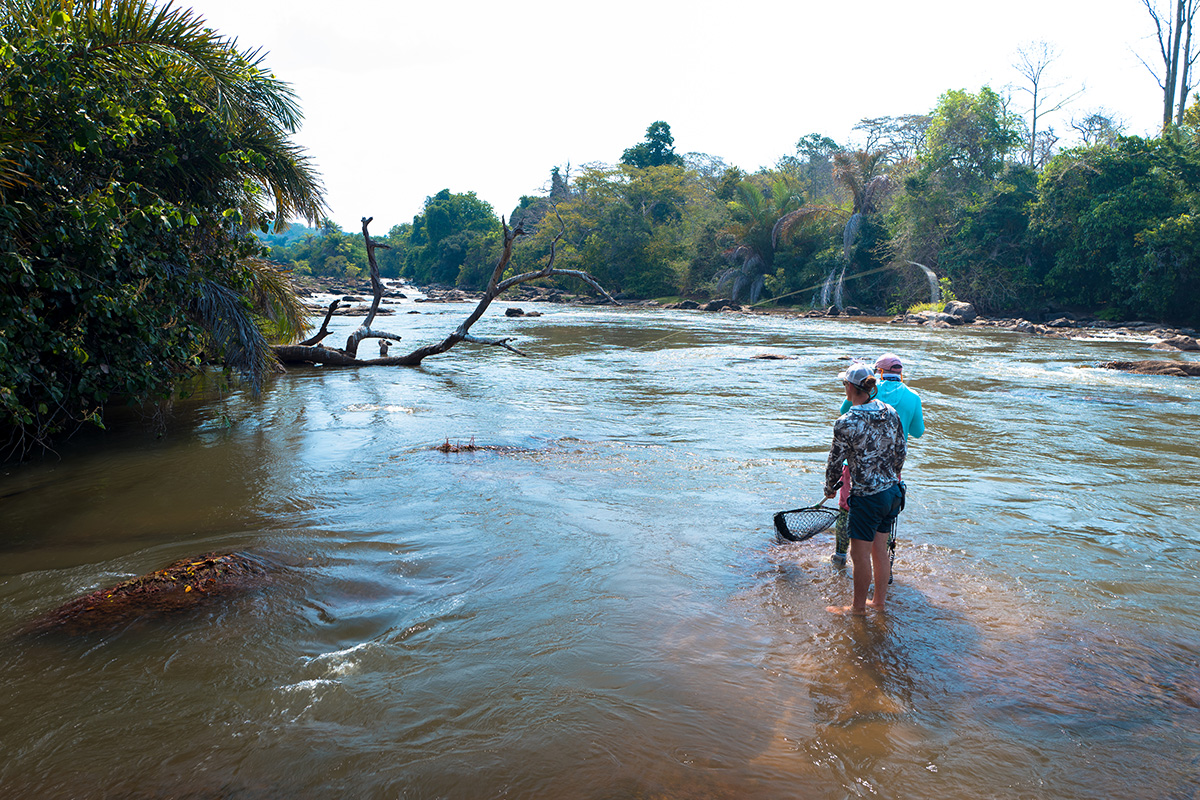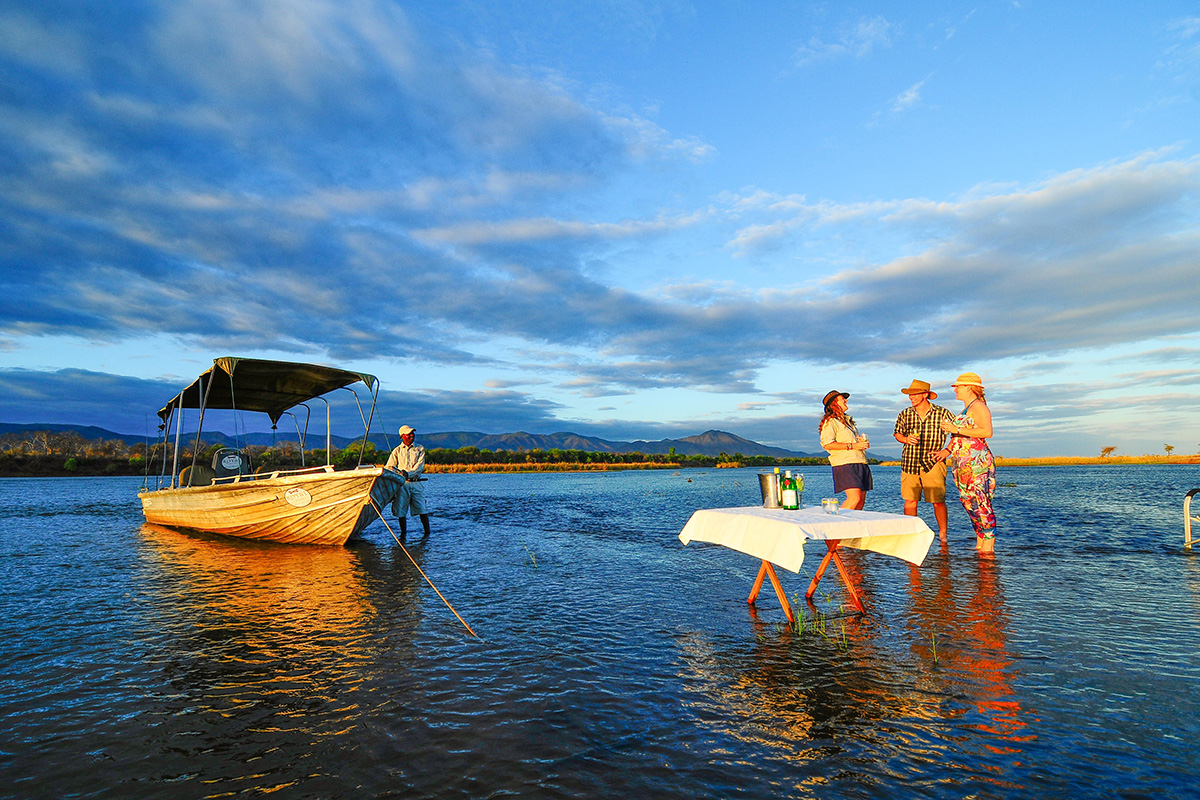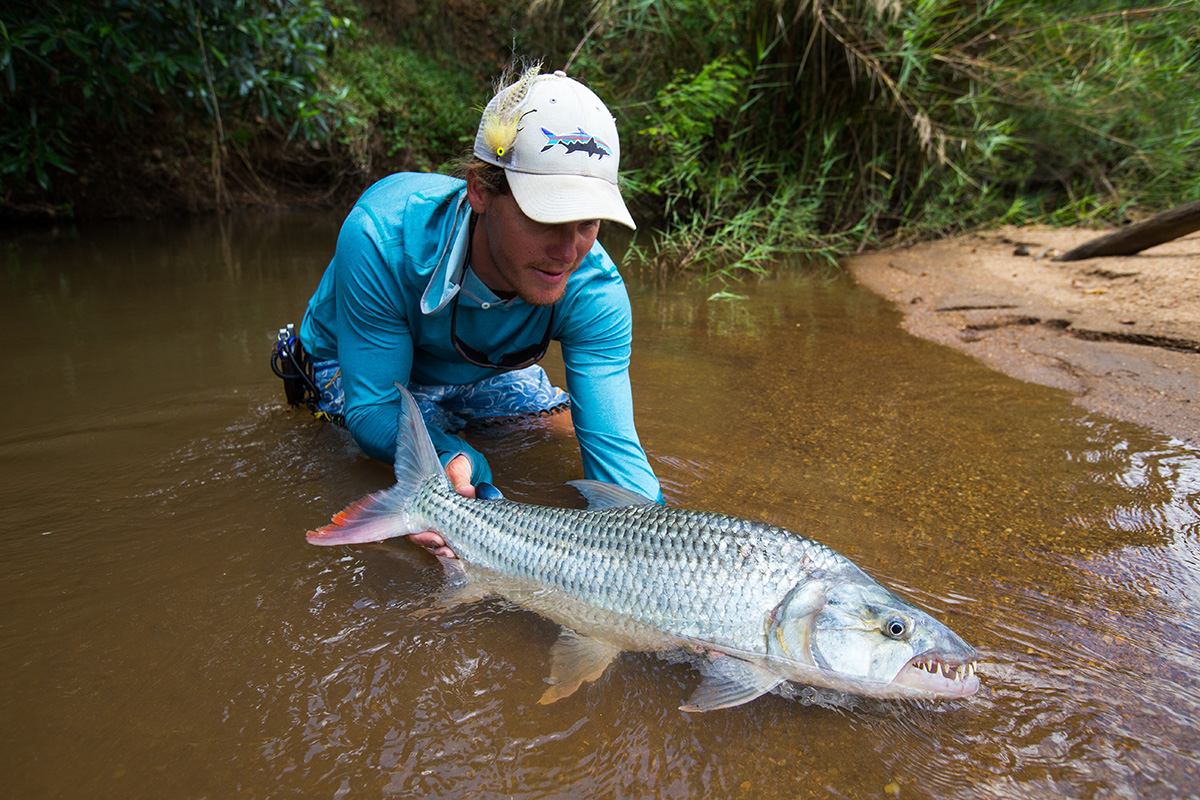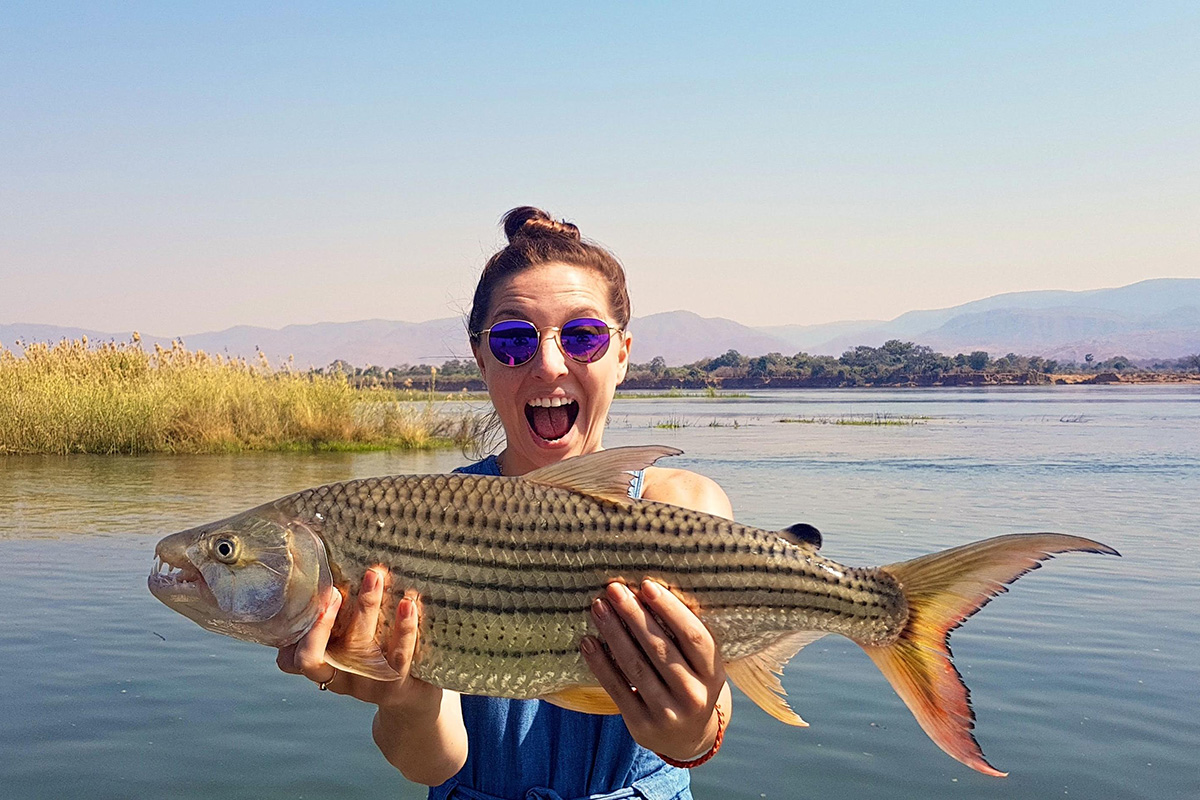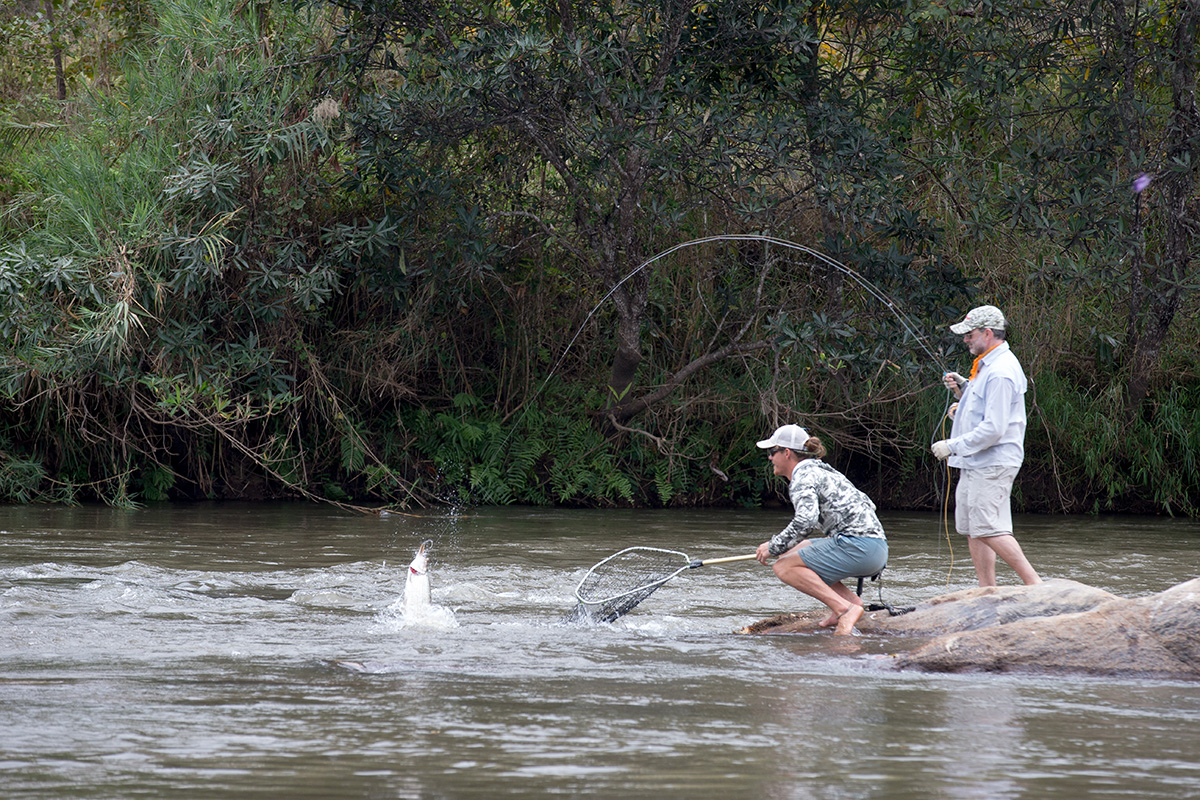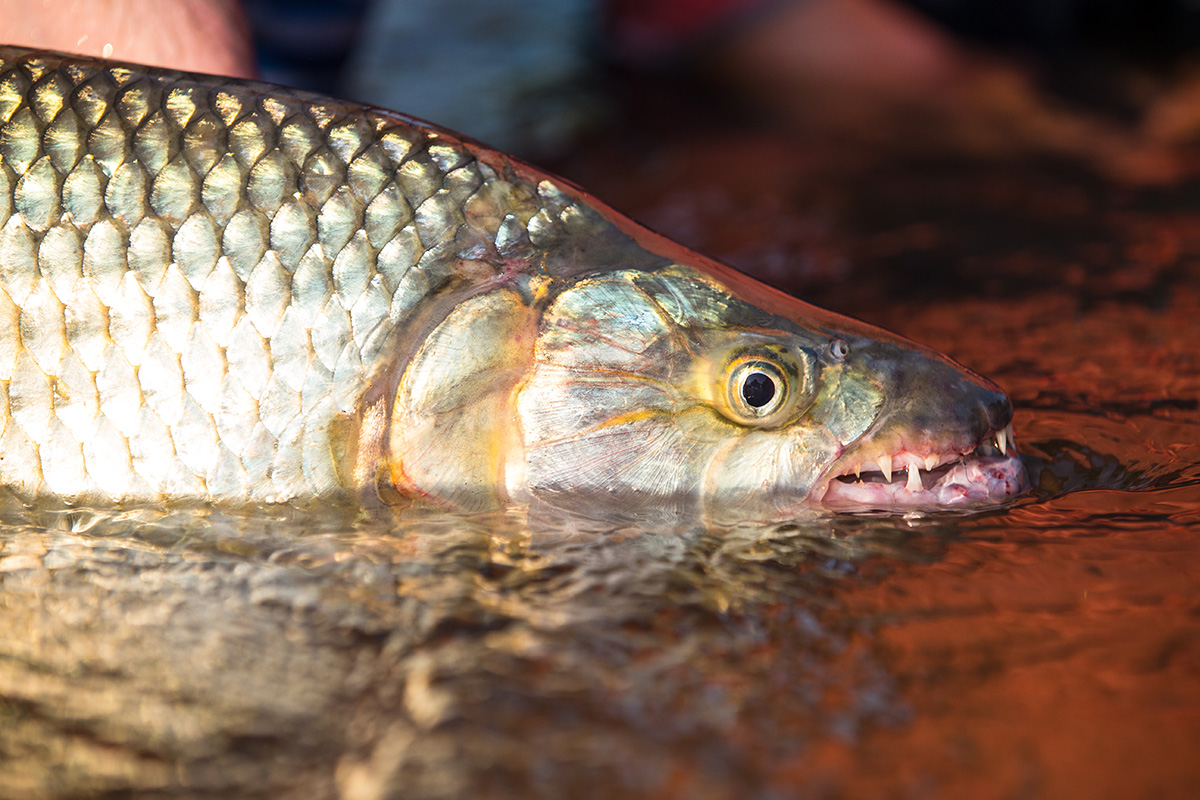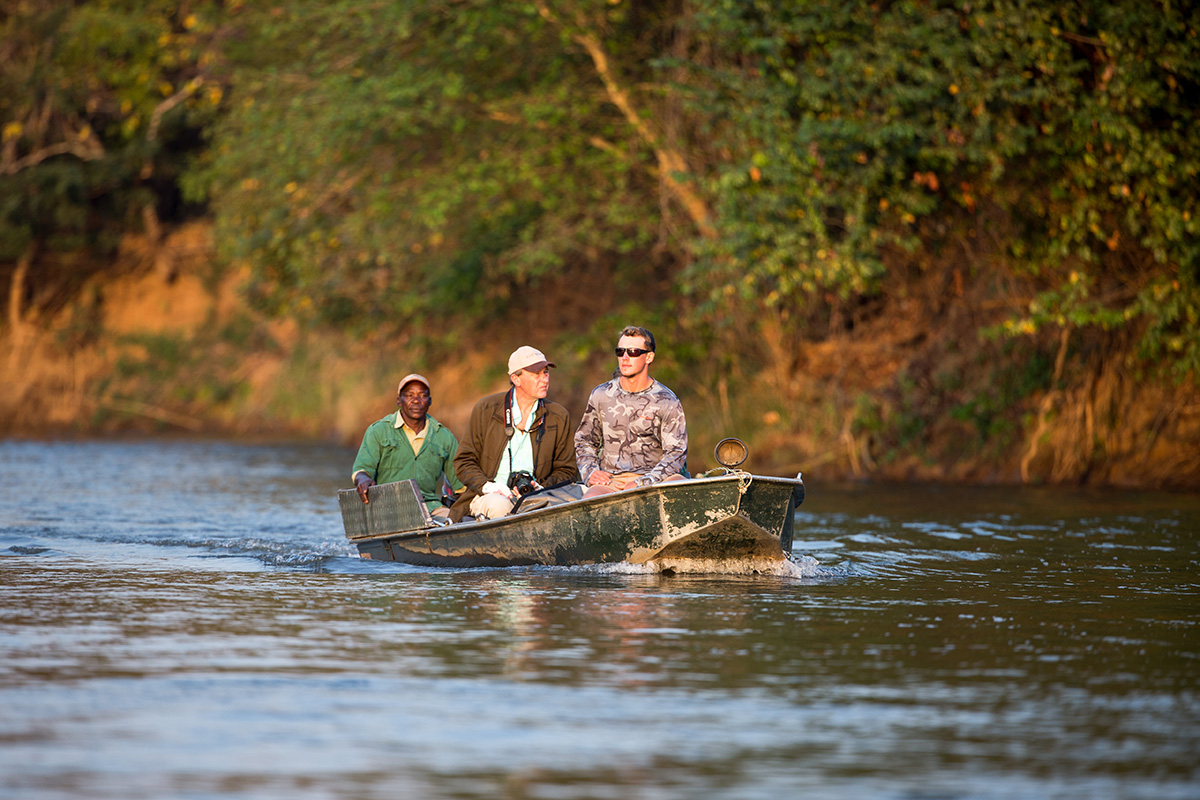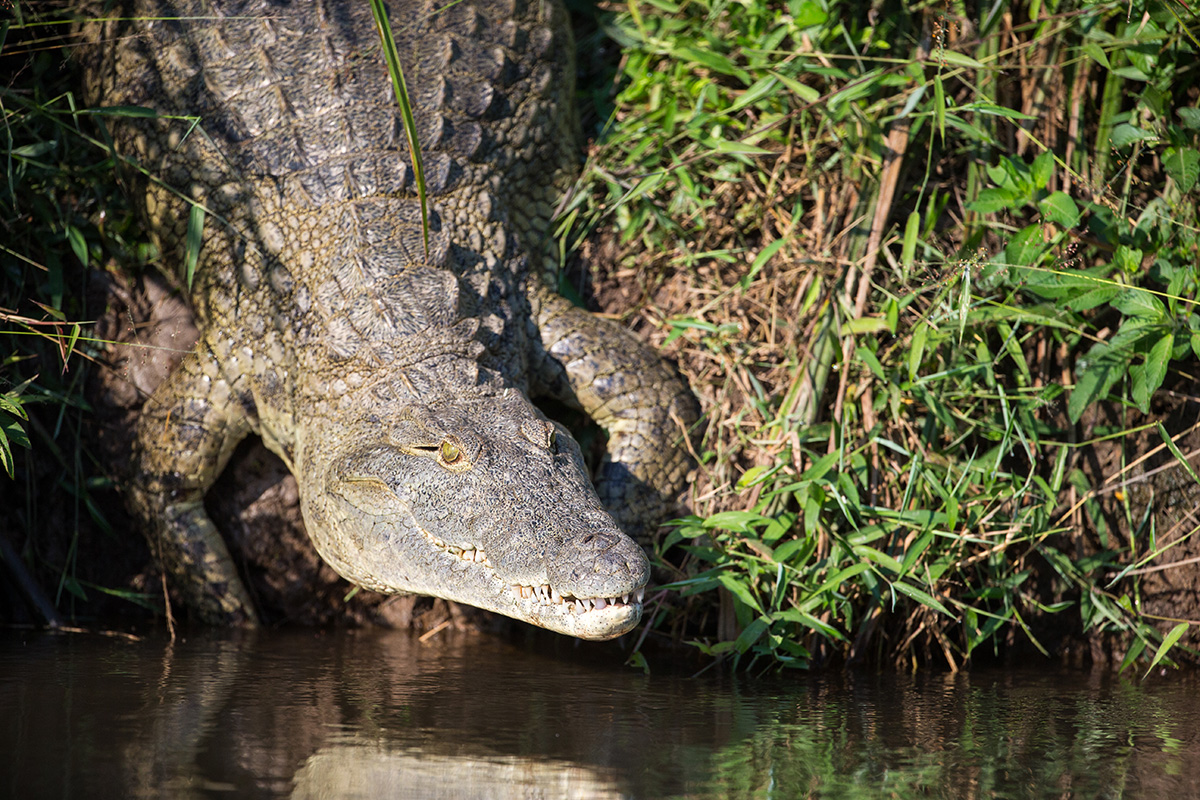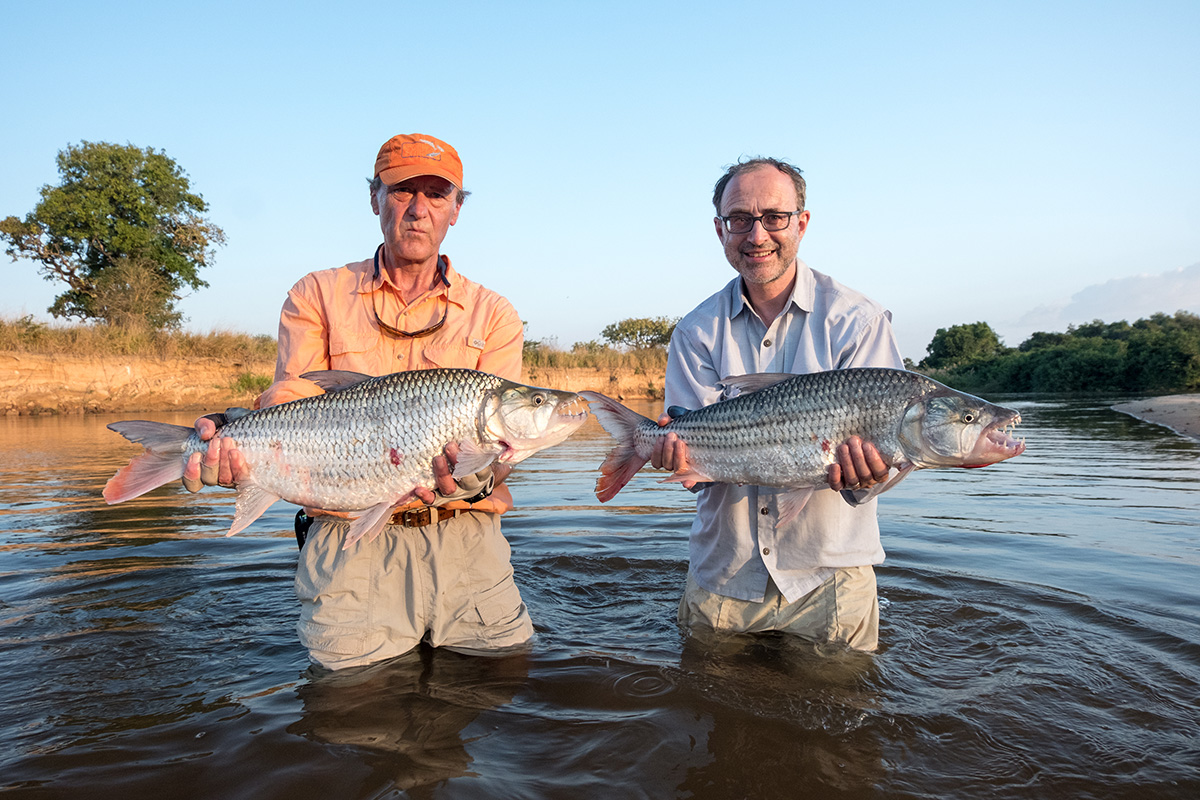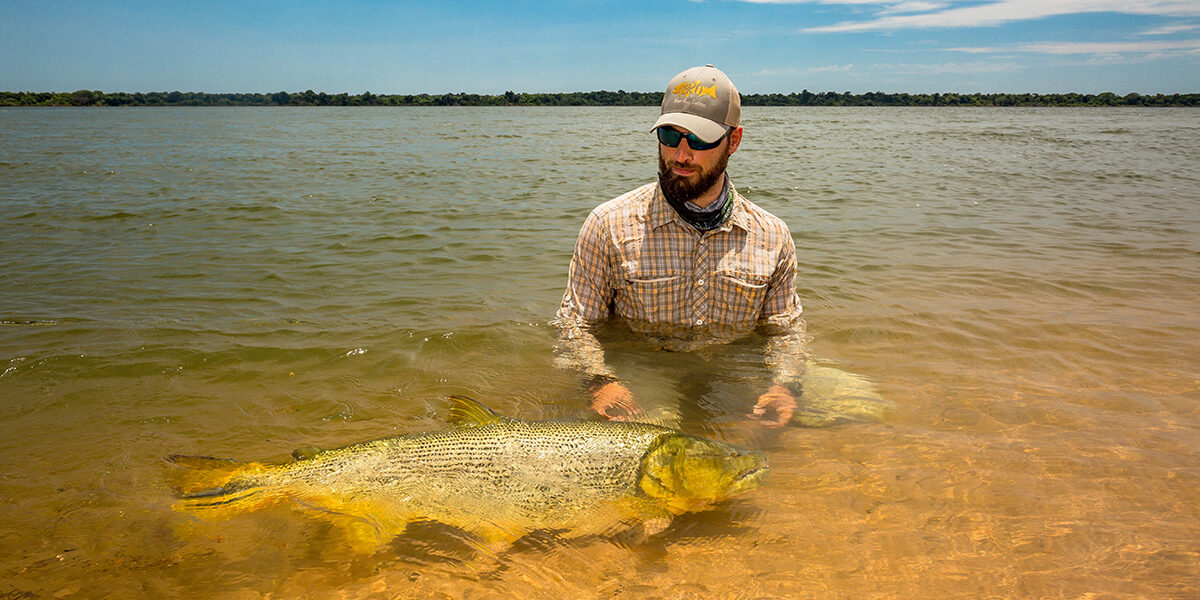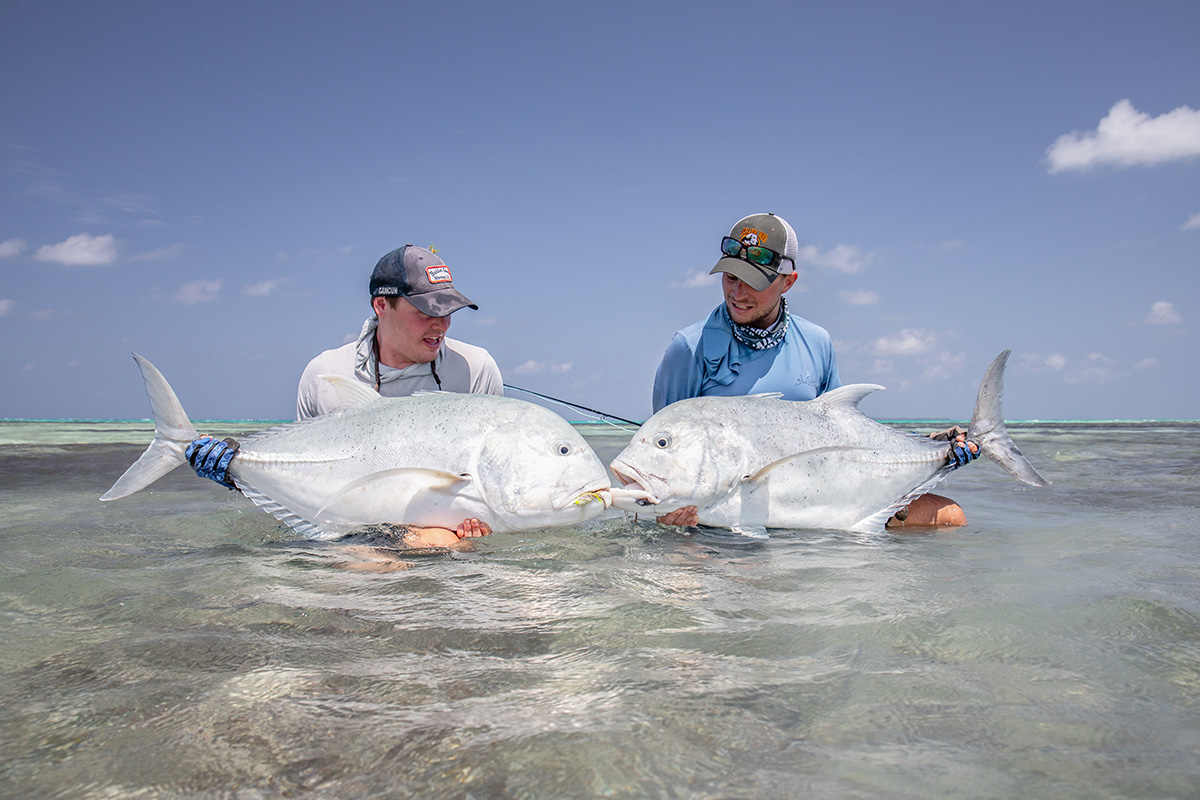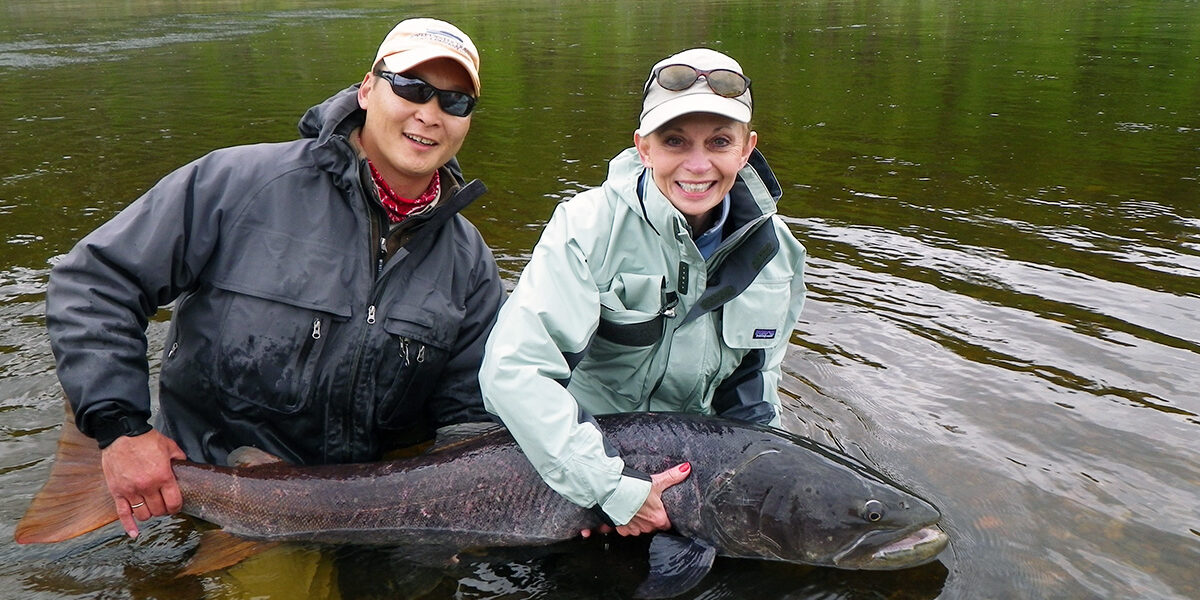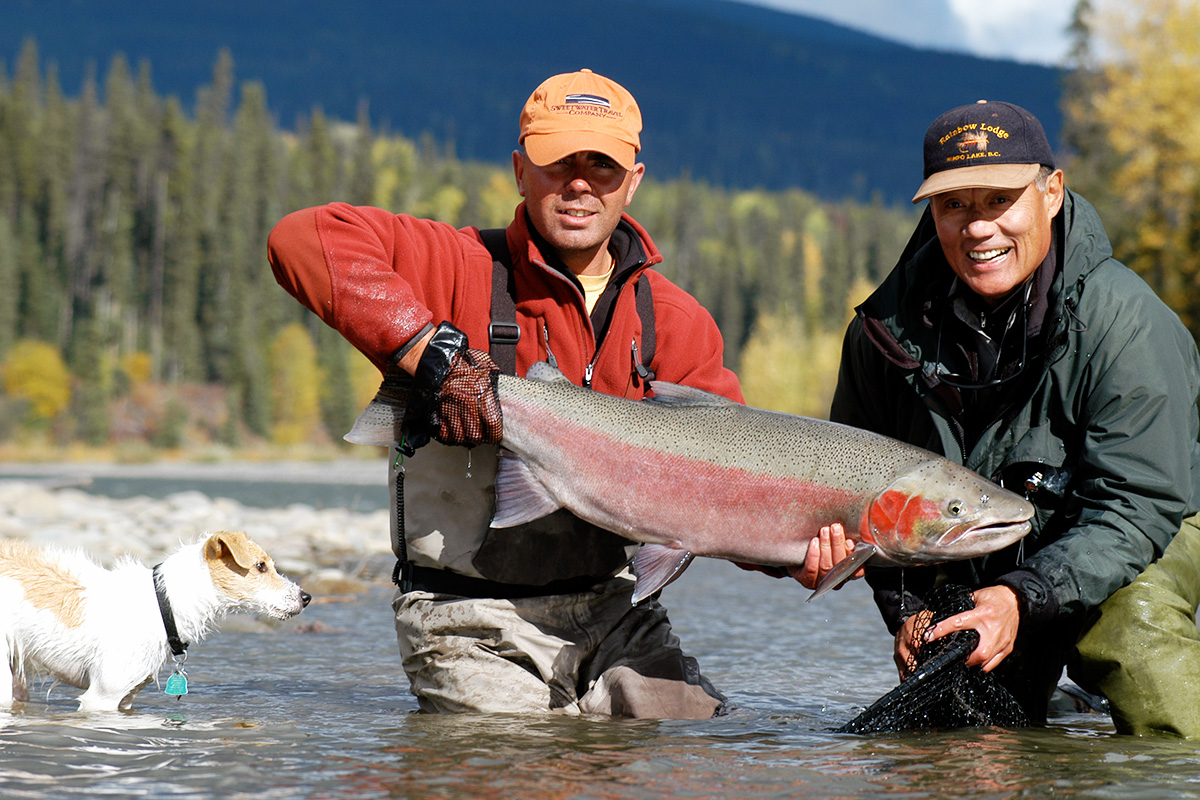Why One Tiger Fishing Adventure Will Redefine Your Fly Fishing Journey

Fly fishing is often described as a lifelong pursuit. A discipline. A craft. But every so often, something comes along that completely reorients the way you think about it. For many, that moment happens in Africa—on a Tiger Fish trip.
You’ve probably heard the stories. The teeth. The take. The hippos. The chaos. But what’s harder to put into words is how this kind of trip stays with you, how it permanently rewires your angling brain. One week on the water chasing Tiger Fish doesn’t just give you a new species—it gives you a new frame of reference.
This isn’t hype. It’s a transformation. Here’s why.
The Strike Redefines Everything
You think you’ve felt aggressive eats before—streamer-chomping brown trout, bait-crushing Peacock Bass, or even saltwater hits from jacks and GTs. But a Tiger Fish hit is something else. It’s not just a tug. It’s an ambush. It’s teeth meeting steel at speed.
Roddy Hall put it best in our recent episode of The Field Experience:
“The take is electric. The fish often jump before you even realize you’ve hooked them. Everything happens at once.”
After you’ve fought one, you’ll never look at a streamer eat the same way again.
The Setting Changes What You Expect from a Trip
It’s not just the fish—it’s where they live. Tiger Fish occupy the heart of Africa’s river systems: the Zambezi, the Okavango Delta, the Mnyera, and the Ruhudji. You’re not just casting flies—you’re watching elephants cross channels, drifting past crocodiles, hearing lions call from the riverbank.
Suddenly, your idea of “remote” shifts. Your sense of “wild” grows teeth. And even the best Western rivers begin to feel… civilized.
The Gear Demands Respect
Tiger Fish expose every weakness in your setup and technique. Wire too short? You’re done. Hook too dull? Forget it. Stripping too slow? No chance. These fish are not forgiving, and neither are the waters they live in.
The trip forces you to become more disciplined. More deliberate. The stakes are high enough to make every cast count. And when you come home, you carry that sharpness with you—whether you’re chasing Dorado, Stripers, or trout.
If you’d like to learn more about the gear you’ll need for Tiger Fish, read Roddy’s recommendations.
You’ll Rethink What “Adventure” Means
A Tiger trip isn’t about creature comforts. It’s about being immersed—truly immersed—in the unpredictability of a place that doesn’t bend to your plans. One minute you’re fighting a 10-pounder in a side channel, the next you’re navigating around a hippo pod or watching the sky turn violet as a thunderstorm builds on the horizon.
You realize you’re not in control here. You’re part of something wilder. And that humility makes every fish earned feel like a triumph.
You’ll Want to Fish Differently, Forever
The best trips change what you want out of fishing. After Tiger Fish, many anglers stop chasing numbers. They start chasing moments. The follow that turns into a boat-side eat—the herd of elephants on the opposite bank. The sundowner beer as the river goes quiet.
You realize that the best fish stories aren’t about size. They’re about setting, timing, and context. Tiger Fish re-teach that truth in a way that’s hard to shake.
This Isn’t a Checklist Trip—It’s a Perspective Shift
You don’t go to Africa to check a species off your list. You go because it reshapes the way you understand fly fishing. You come home not just with photos and stories—but with a new benchmark. One that other trips get measured against.
Roddy summed it up simply:
“You come for the fish. But you leave with so much more.”
So You’ve Done Tiger Fish. Where Do You Go From Here?
You’ve been to Africa. You’ve seen what it’s like to earn a strike in a place that doesn’t care if you’re comfortable. Now you want that again—the feeling of fishing that asks everything of you, and gives something unforgettable in return.
Here are five destinations that feel like Tiger Fish—physically, emotionally, and spiritually:
- Golden Dorado in Bolivia or Argentina
- If Tiger Fish are the apex of African freshwater, Golden Dorado are their South American counterpart. You’ll still be casting heavy rods and wire leaders, but now you’re stalking jungle rivers with parrots overhead and monkeys in the trees. The Parana River offers vast, braided channels full of structure and baitfish, while Bolivia’s mountain-fed tributaries deliver clear water and sight fishing in rainforest canyons. You’re not stepping down from Tiger Fish—you’re stepping sideways into another world.
- Giant Trevally in the Seychelles
- Want more aggression? Enter Giant Trevally (GTs). These saltwater predators will charge your fly at 30 mph in ankle-deep water, hit harder than Tiger Fish, and explode in a way few anglers ever forget. You’ll be on remote coral atolls, wading flats that feel prehistoric, surrounded by a cast of triggers, bonefish, and milkfish. If you liked the chaos of a Tiger take and the feeling of smallness in a wild place, this is your next frontier.
- Peacock Bass in the Brazilian Amazon
- Swap hippos for howler monkeys and enter the flooded jungle. Peacock Bass, especially the “Temensis” variety in Brazil, offer topwater explosions, dense structure, and world-class boat-based exploration. You’ll cast into submerged trees, strip big streamers fast, and fight fish that will break rods and bend hooks. It’s not as dangerous as Africa, but it’s just as wild—and it scratches the same “deep-in-it” itch.
- Taimen in Mongolia
- If you want remoteness with a touch of mystery, try chasing Taimen—the world’s largest trout—on the rivers of Mongolia. These apex predators eat dry flies, mice, and streamers, sometimes in water no wider than a backchannel. You’ll drift through steppes, sleep in yurts, and be surrounded by herds of wild horses. The fight is different, but the experience—the isolation, the culture, the force of the fish—delivers that Tiger-like weight.
- Steelhead in British Columbia
- For those who want to stay in the Northern Hemisphere, wild Steelhead offer a spiritual sibling to Tiger Fish. The violence is more subtle—a thudding take on a swung fly—but the devotion it commands is unmatched. You’ll fish wild rivers on foot or by raft, enduring long stretches of nothing for that one heart-stopping moment. What it shares with Tiger Fish isn’t just the strike—it’s the obsession.
Tiger Fish wakes something up in you. They show you that fly fishing doesn’t have to be comfortable, tidy, or predictable. That it can be dangerous, frustrating, sweaty—and absolutely addictive.
Once you’ve felt that, you’ll start seeking it out again and again.
If you’d like to learn more about Tigerfishing in Africa, please contact Roddy Hall or Kathy Schulz.
Listen to the full episode of The Field Experience podcast here.




